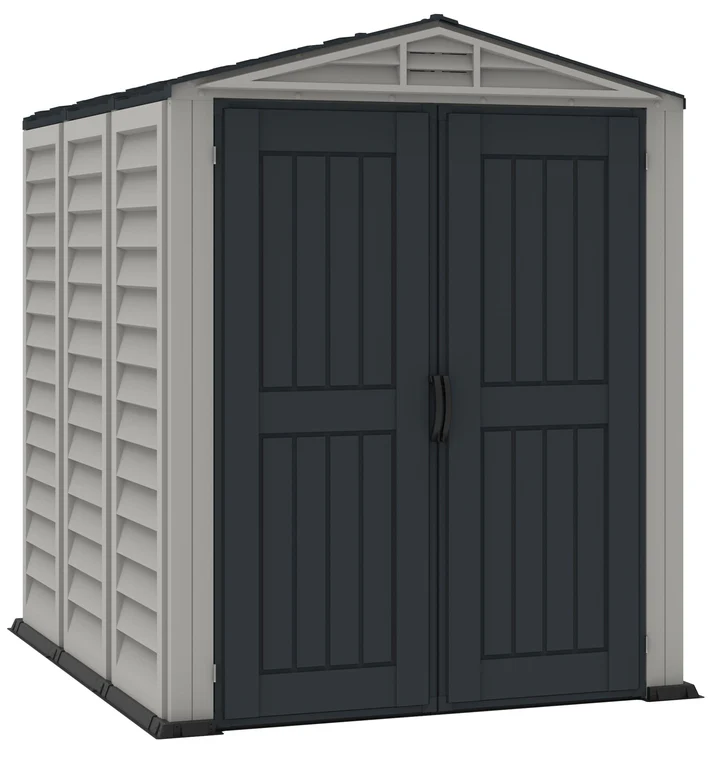A diet rich in processed foods and added sugars can reduce the amount of good bacteria in the intestine. This imbalance can lead to an increase in the craving for sugar, which can further damage your intestine. High amounts of refined sugar, especially corn syrup with a high fructose content, have been associated with increased inflammation of the body. Inflammation can be the precursor to a number of diseases and even cancer. They have been associated with all types of digestive health benefits, including support for irritable bowel syndrome and traveler diarrhea. The food and lifestyle you live have a direct impact on your digestive health.
Dietary fiber has a variety of health benefits, from lowering cholesterol to reducing the risk of heart disease. It can also help improve digestion by regulating the stool. Some help digest food, others can cause digestive problems if there are too many in the body.
According to the Academy of Nutrition and Dietetics, prebiotics act as food for probiotics and help them maintain healthy bacteria in the intestine. Prebiotics are found in a variety of raw fruits, vegetables and whole grains, including bananas, oats, onions and legumes. “In general, fatty foods slow down the digestive process and make you more susceptible to constipation,” says Adams. However, since it is important to include healthy fat in your diet, Adams recommends combining fatty foods with high-fiber foods to make things smoother.
Try to stay away from the foods and drinks that trigger your digestive symptoms. Keep a dietary diary to see what foods cause your symptoms. Eating more fiber and avoiding certain products, such as processed food, can make the symptoms of digestive problems more lasting. Note meals, snacks and drinks as well as all subsequent digestive problems. Then try to remove potentially problematic foods and drinks from the diet to see if the symptoms improve.
This leads to unpleasant symptoms such as heartburn and indigestion. IBS is a group of symptoms that include abdominal pain and changes in bowel habits. People with IBS can have constipation, diarrhea, or both. Many other people have other digestive problems such as swelling and stomach pain. Eat five to seven servings of fruits and vegetables a day.
“Soluble fiber attracts water and can help prevent excessively aqueous stools.”Good insoluble fiber sources are wheat bran, vegetables and whole grains. You can get soluble oatmeal fibers, nuts, seeds and legumes. Real food dietitians combine our love of nutrition, health and real food with ease and convenience to offer recipes that have a great taste but contain few ingredients.
Soybeans nutrient uptake and causes a hormonal imbalance in the body when consumed in large quantities (p. Eg. as soy protein isolates in processed foods and beverages). If gas, swelling, heartburn, nausea, constipation or diarrhea are part of your daily life, you are not alone. Fast food and ready meals are rich in sugar, salt and saturated fatty acids. They can be more difficult for the body to digest and cause problems such as constipation and gas.
The smaller the particles, the easier food can get through the esophagus. As you chew on your food, the saliva comes out of the glands in your mouth, and then chemical digestion of food begins before it reaches your stomach. In addition, the presence of saliva triggers the stomach to produce acid and its own digestive enzymes to prepare for the arrival of its food. However, a person should speak to their doctor before making drastic changes to their diet. This is because in some people, such as people with irritable bowel syndrome or other diseases, probiotics and high-fiber or vegetarian diets may not be helpful.
A gastroenterologist gives advice on the natural improvement of your gastrointestinal health. It is normal to have digestive problems from time to time. Heartburn, gas, constipation, and diarrhea can occur occasionally, but if they occur frequently, it can really change life. Practice กรดไหลย้อนอาการ regularly.”Regular exercise helps move food through your digestive system and reduce constipation,” says Adams. If you stay active, you can also maintain a healthy weight that is good for your digestive health. Make it your goal to train regularly on your weekly schedule.
If you can identify a food or food that contributes to your symptoms, you can see a positive change in your digestive health by changing your eating habits. Adding a prebiotic or probiotic dietary supplement to your diet can be a great way to improve your bowel health. Prebiotics provide “food” to promote the growth of useful bacteria in the intestine, while probiotics are well-lived bacteria. People with bacterial surveillance like SIBO should not take probiotics.



